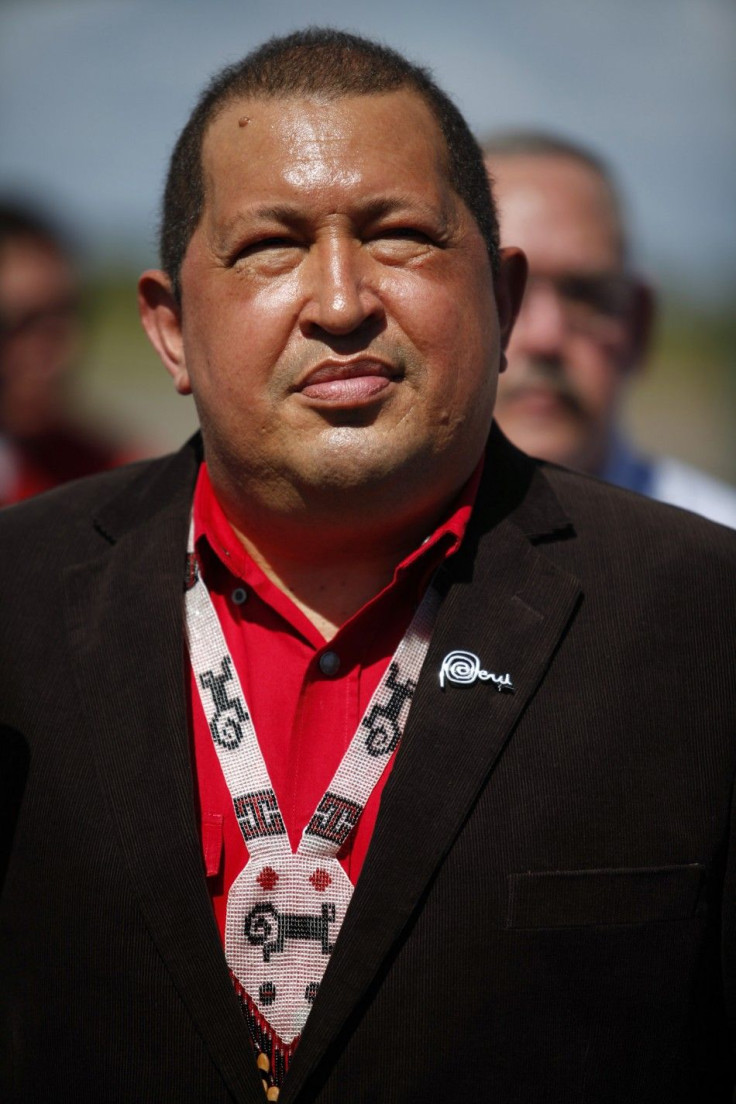Venezuela Will Not Bow Down To Imperialist Tentacles: Chavez

Venezuelan President Hugo Chavez announced on Sunday that his country will only pay ExxonMobil a fraction of the price ruled last week by the International Chamber of Commerce -- an multilateral arbitrator -- in compensation for having seized ExxonMobil's assets in the country.
The U.S. oil giant was awarded $907.6 million by the ICC, $747 million of which remained to be paid out, but in Chavez's announcement, the compensation amount was lowered further to $250 million, according to a briefing on state-run oil company PDVSA's website. The ruling was made after ExxonMobil seeked an arbitration with the international business body to cover its loses in Venezuela.
Chavez went on to announce that his government will not recognize any ruling by the World Bank's International Center for Settlement of Investment Disputes, in which ExxonMobil is hoping to collect upward of $12 billion - what the company thinks it's owed in damages after the country nationalized its assets - in a pending arbitration case.
We will not recognize any ICSID decisions. They are trying the impossible: to get us to pay them, Chavez said in the statement. We will not bow down to imperialism and its tentacles.
In 2007, Chavez nationalized oil assets in the Orinoco River Basin, a policy that Fedel Gheit, an analyst with Oppenheimer, said essentially shoots Chavez in the foot.
This is like highway robbery, Gheit said. That is not how you attract capital.
Ghiet said being in the oil industry is risky enough. From oil spills, market volatility, to the possibility of investing billions into a dry well, companies will not want to add the possible seizure of their assets to that list. If you are an oil-producing country, it is very ill-advised to nationalize your resources, Gheit explained.
Venezuela is essentially robbing itself of possible billions in dividends that ExxonMobil would have paid to the country over the lifespan of the oil field, Gheit said. As a corporation established over a century ago, Gheit remarked, ExxonMobil has a track record of outlasting adversarial regimes.
Had he waited, he would be better off than where he is now, he said. Exxon as a corporation has lasted more than a dozen regimes, including Venezuela. There is no regime that has outlasted Exxon. Eventually, you have to settle.
ExxonMobil spokesperson, Patrick McGinn maintained the ICC ruling represented compensation on a limited contractual liability, but would not elaborate further regarding the new statement by Chavez.
Contract sanctity and respect for the rule of law are core principles used to manage our business over the long term, McGinn said.
© Copyright IBTimes 2024. All rights reserved.





















